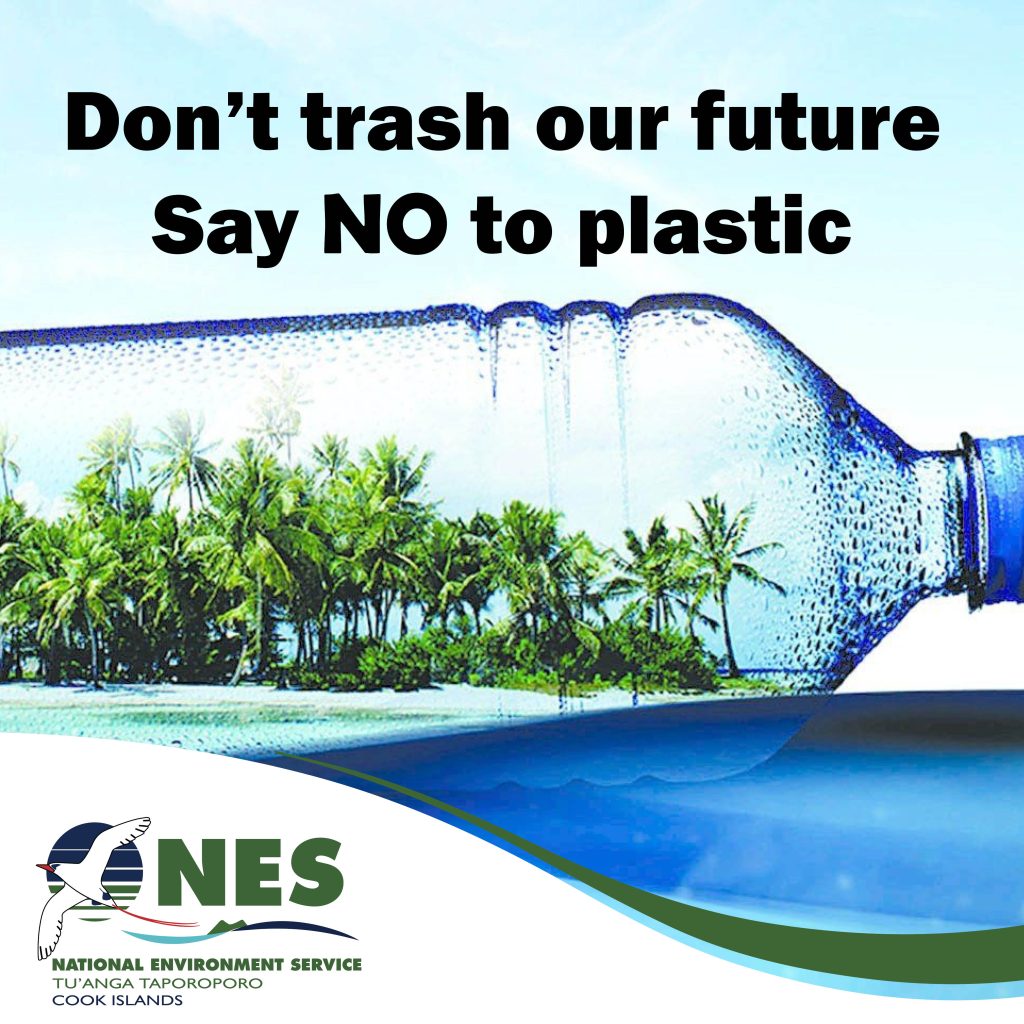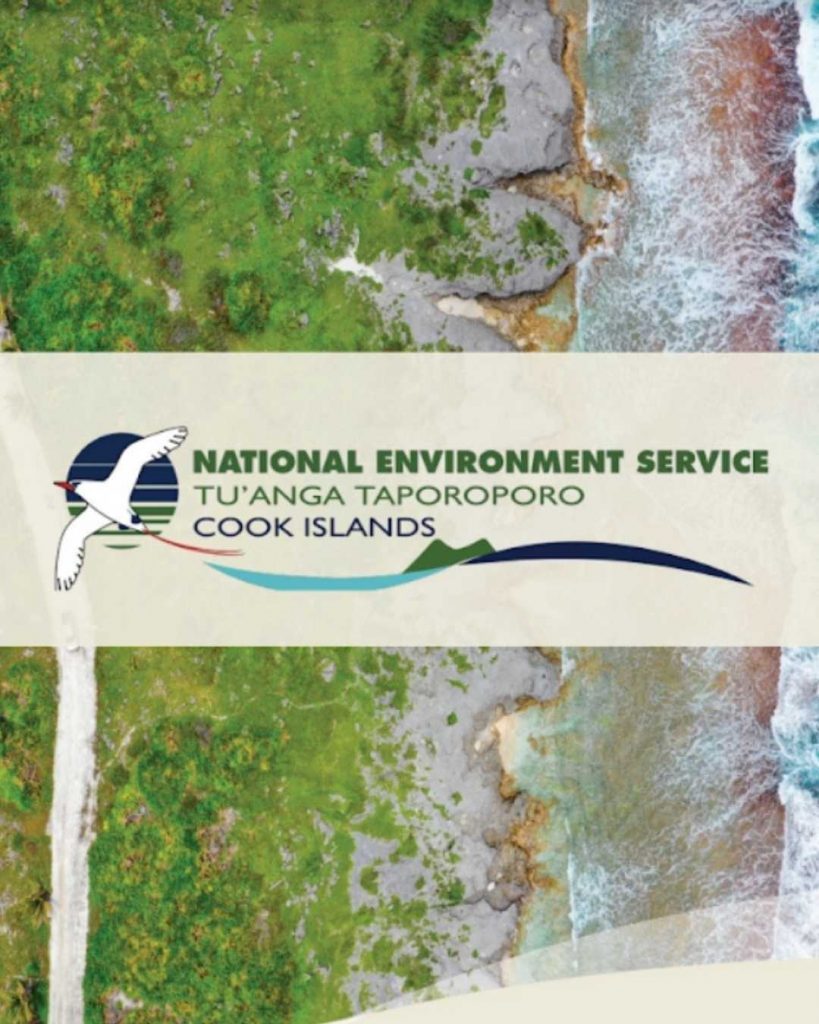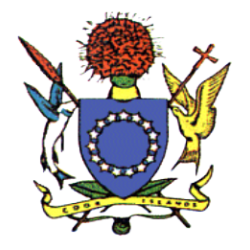From 10-14 March, the National Environment Service (NES) participated in a four-day SPREP-hosted workshop in Rarotonga, commencing with the third GEF ISLANDS Pacific Project Steering Committee Meeting, which emphasized waste management and pollution control.
The week began with the third GEF ISLANDS Pacific Project Steering Committee Meeting, where member countries and SPREP worked to endorse the 2025 – 2026 work plan, budget and procurement plan. The GEF ISLANDS Project will focus on the disposal and destruction of electronic waste (E-Waste) in the Pa Enua and will be implemented in the coming months. The total amount allocated to the Cook Islands for the delivery of national activities is USD $750,000. The United Nations Environment Programme and the Secretariat of the Pacific Regional Environment Programme will be assisting the Cook Islands for regional capacity building, implementation of activities and engagement with relevant stakeholders. In addition, NES organised a site visit for attendees to Cook Islands General Transport to showcase the successful public-private partnerships in managing whiteware, e-waste, and ELVs through the Tita ki te Tita Kore Legacy Waste Program.
Following this, a two-day preparatory meeting for the Triple Conference of the Parties (CoP) for the Basel, Rotterdam, and Stockholm Conventions aimed to strengthen the Pacific delegation’s position for the upcoming CoP in Geneva in April 2025. The meeting facilitated the sharing and alignment of regional priorities concerning hazardous waste, chemicals, and persistent organic pollutants (POPs) addressed by these conventions.
The Basel Convention on the Control of Transboundary Movement of Hazardous Waste and their Disposal adopted in 1989 was an awakening of environmental awareness which caused increasing concerns of the public for the disposal of these toxic hazardous wastes, becoming consistent of what is known as the NIMBY (Not In My Back Yard) syndrome. This then resulted in waste being imported abroad and being deposited in developing countries, where environmental regulations were more fluid than those of developed countries. The purpose of this Convention is to reduce the future disposal of hazardous waste and advocate environmentally-sound management of hazardous waste, and to hinder the movement of transboundary waste by placing regulations in areas where transboundary waste movement is pardonable.
The Rotterdam Convention on the Prior, Informed Consent Procedure for Hazardous Chemicals and Pesticides in International Trade was adopted in 1998. The objective of this convention is to promote the shared responsibility and partnership efforts among member parties in international trade in order to protect human health and the environment from potential harm. It also contributes to advocating the environmentally-sound use of hazardous waste chemicals.
And the third convention, the Stockholm Convention on Persistent Organic Pollutants (POPs) is a global treaty to protect human health and the environment from chemicals that remain intact in the environment for an extended period, becoming widely distributed geographically, accumulate in the fatty tissues of humans and wildlife and have harmful impacts on human health and the environment. Exposure to POPs can cause detrimental effects to human health, such as cancer, birth defects and dysfunctional immune and reproductive systems.
The week concluded with the Tenth Meeting of the Scientific and Technical Advisory Committee (STAC-10) to the Waigani Convention. Discussions centered on implementing recommendations from the 2021 review and the 2023 Amendments to the Convention, which now include electronic and plastic wastes. Member countries discussed progress and assistance needs in banning hazardous and radioactive waste imports and managing waste movements within the Pacific region, in preparation for the Waigani Convention COP in September 2025.
STAC meetings occur biennially to assess progress and assistance needs before the COP, participating parties include Australia, Cook Islands, Federated States of Micronesia, Fiji, Kiribati, New Zealand, Niue, Papua New Guinea, Samoa, Solomon Islands, Tonga, and Tuvalu, with Nauru and Palau having signed but not ratified the Convention.







